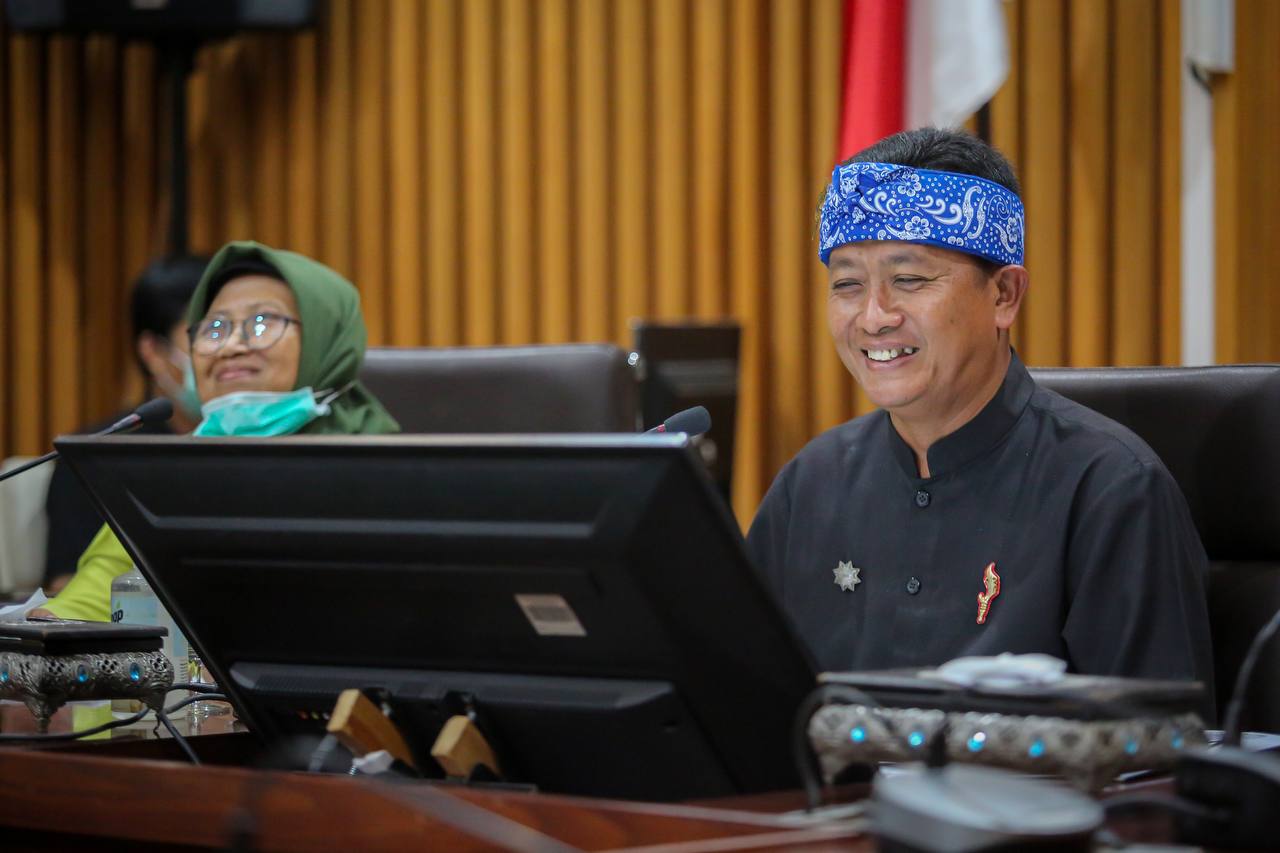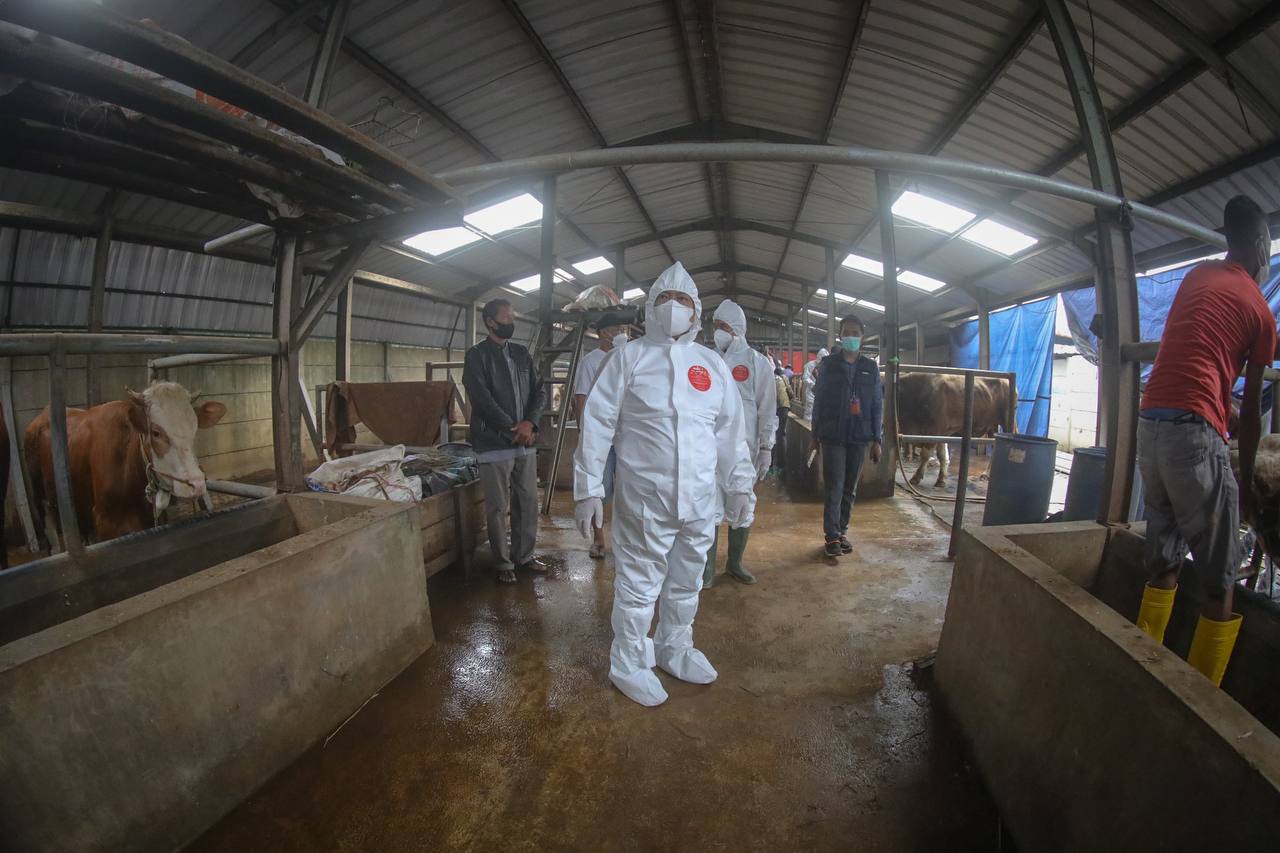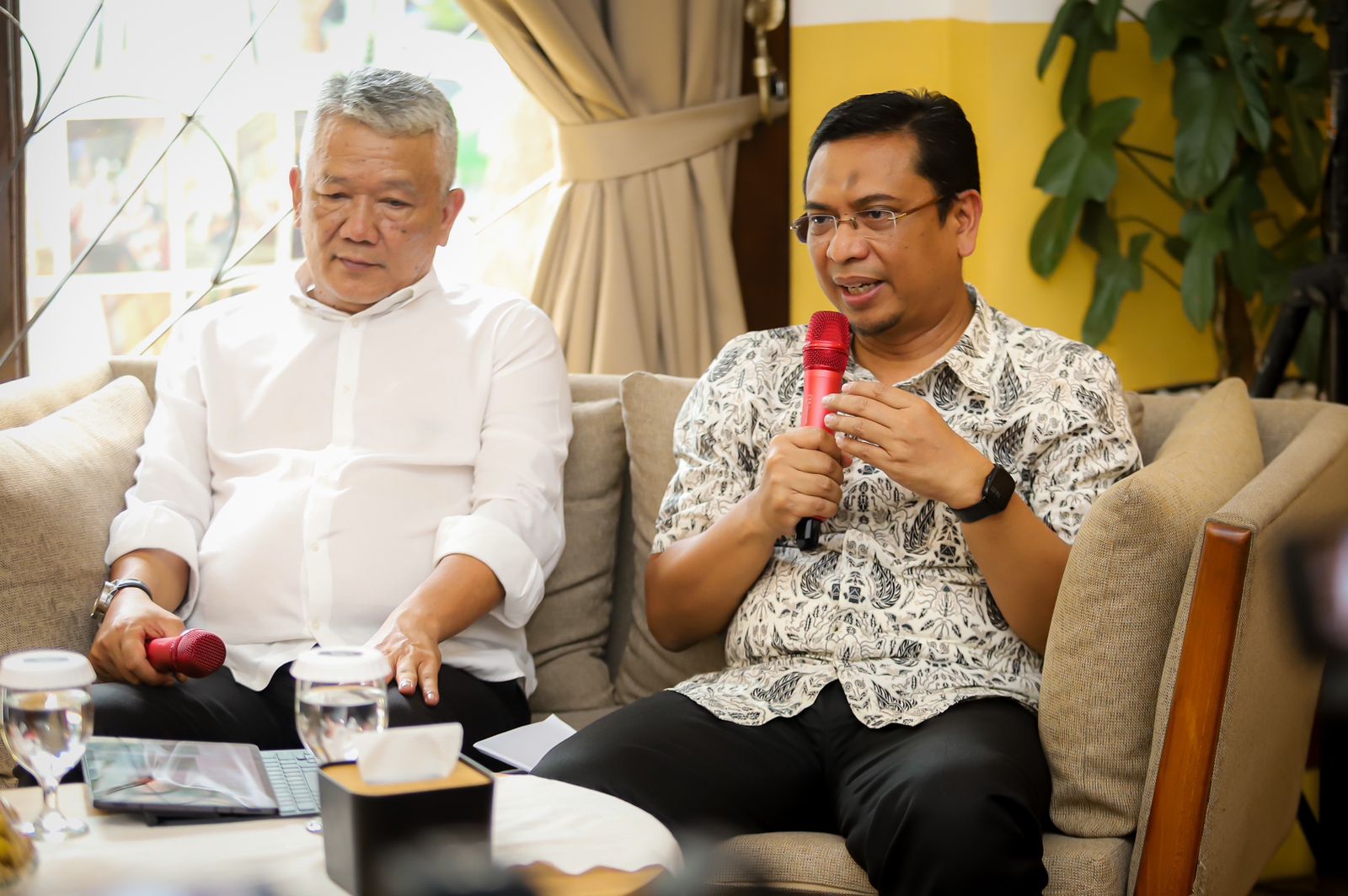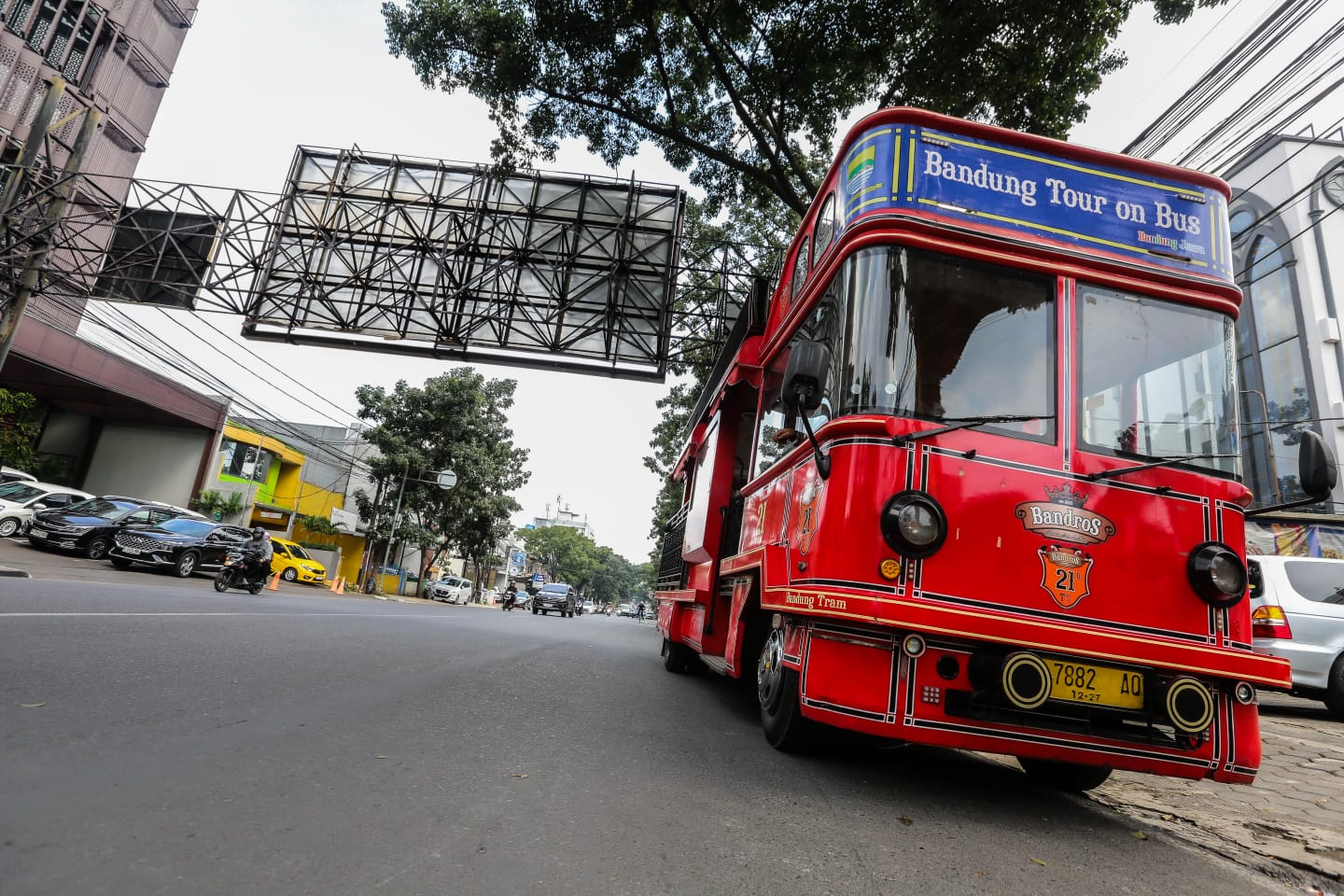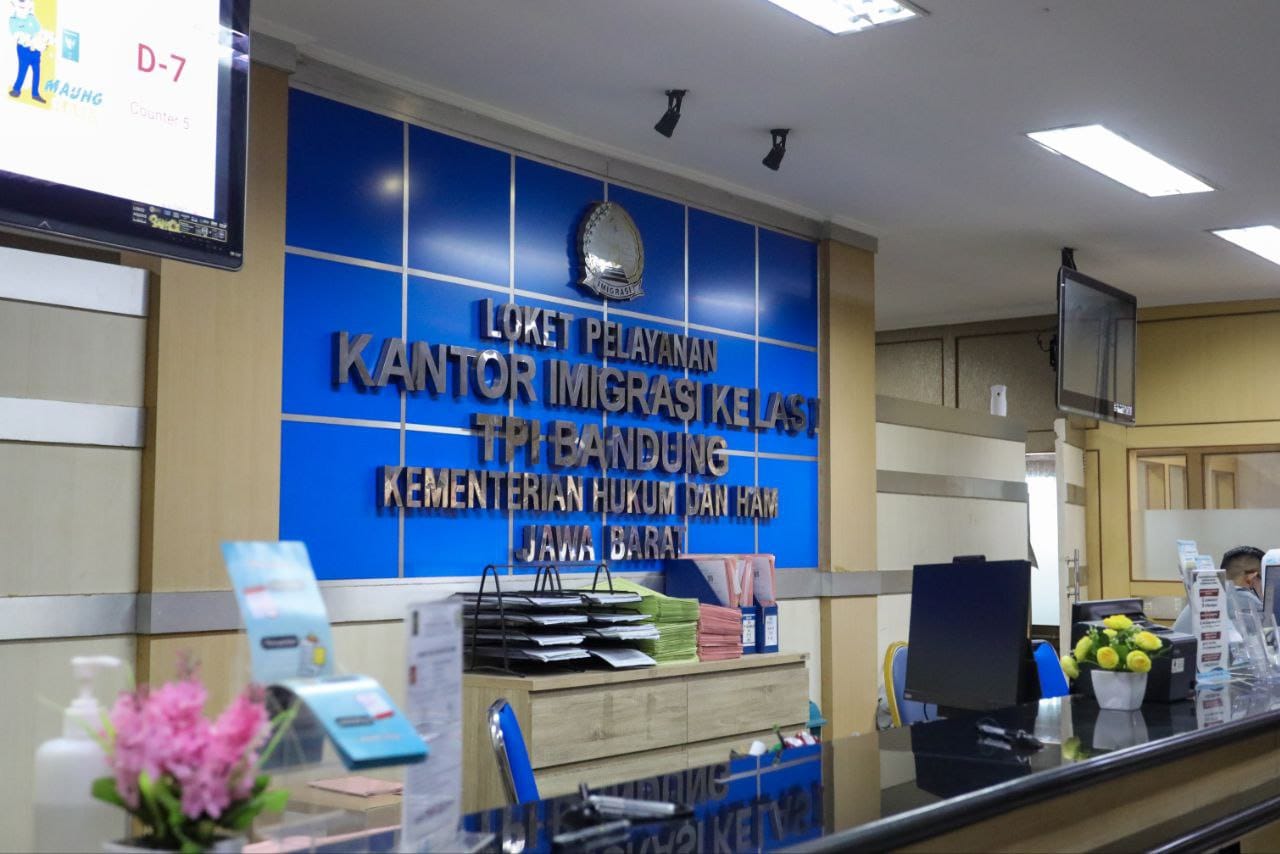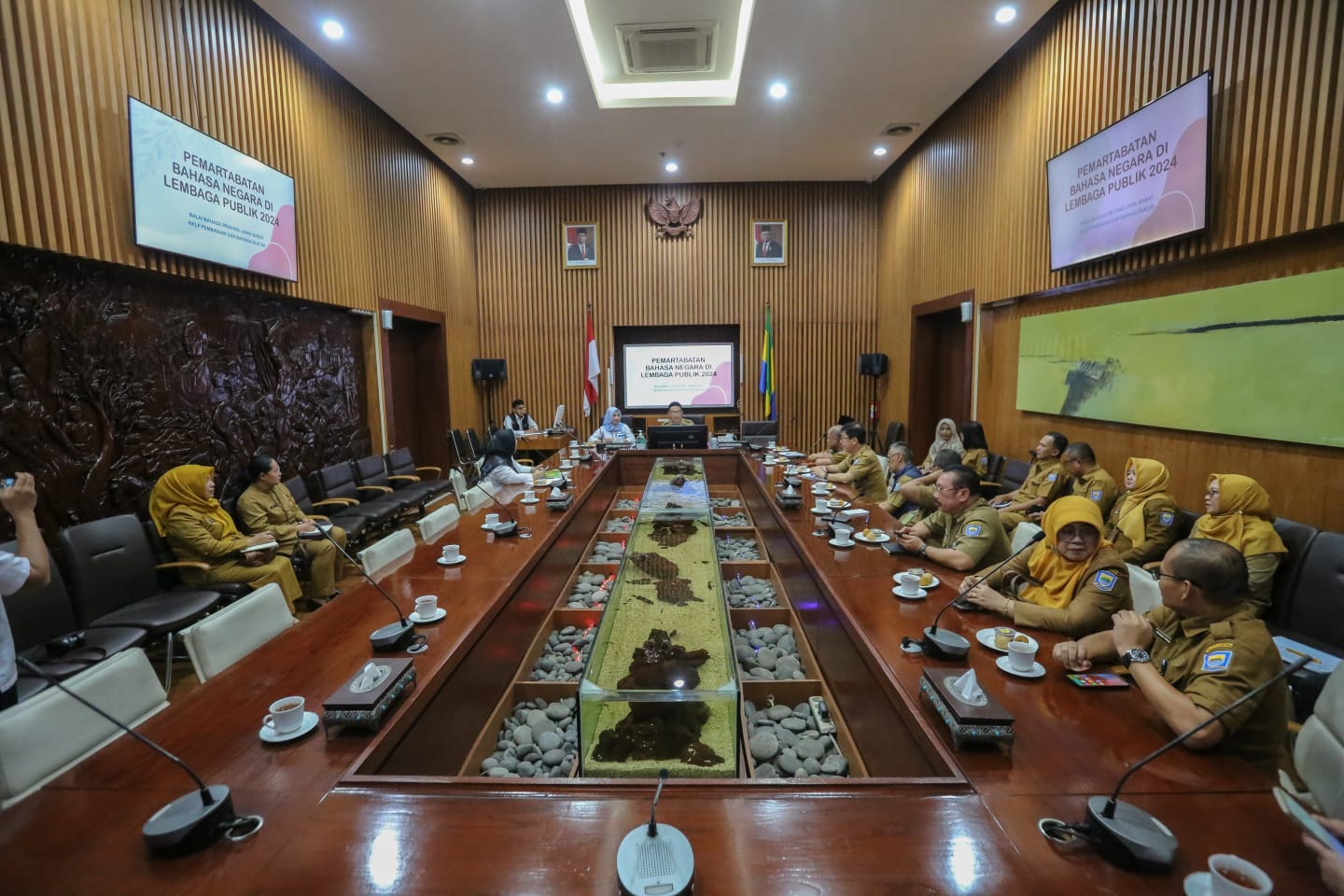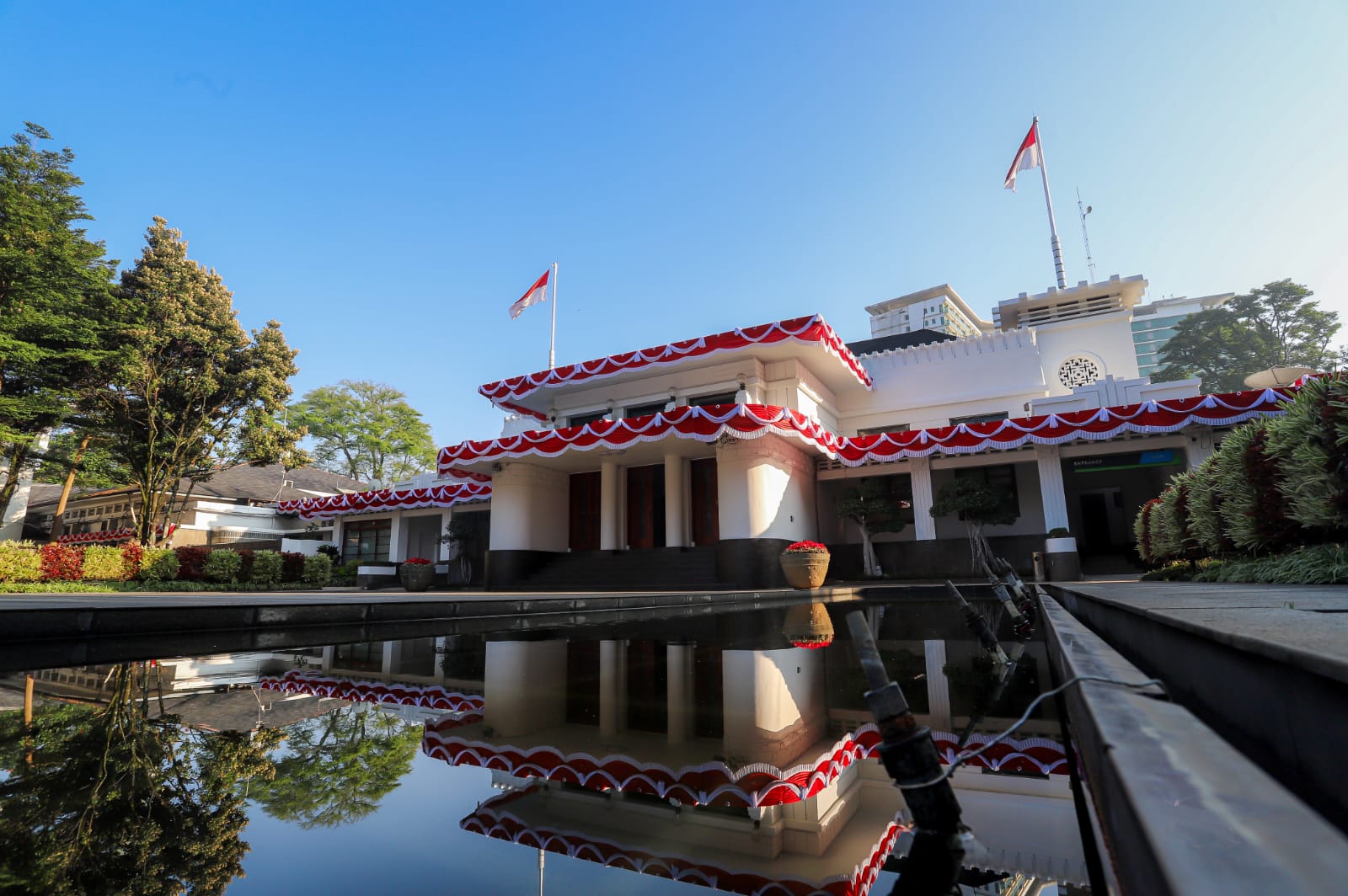Preparation for Safe Eid, Bandung City DKPP Trains 780 Sacrificial Officers
Ahead of Eid al-Adha which falls on July 10, 2022, the Bandung City Food and Agriculture Security Service (DKPP) trained 780 Mosque Prosperity Council (DKM) officers who held the slaughter of sacrificial animals in their mosques. Through this activity, DKM officers were trained on how to properly slaughter sacrificial animals and choose good meat.
Ahead of Eid al-Adha which falls on July 10, 2022, the Bandung City Food and Agriculture Security Service (DKPP) trained 780 Mosque Prosperity Council (DKM) officers who held the slaughter of sacrificial animals in their mosques.
Through this activity, DKM officers were trained on how to properly slaughter sacrificial animals and choose good meat.
Not only that, the Head of the Food Safety Division of the Bandung City DKPP, drh. Ermariah said, as many as 157 officers from DKPP will go directly to the field on Eid al-Adha until Tasyrik Day to check postmortem or post-slaughter.
"For four days, there were 91 ASN officers and 66 non-ASN officers who spread to 30 sub-districts in Bandung City to inspect the postmortem of sacrificial animals. We will try as much as possible to go around inspecting the locations of slaughter of sacrificial animals," said Erma, Thursday, June 30, 2022.
He added that the locations that will be prioritized for postmortem examinations are places that slaughter more sacrificial animals such as large mosques.
"We prioritize locations that cut more, usually in large mosques such as Still Raya Bandung and Al Ukhuwah Mosque," he said.
Erma said, to determine whether or not meat is suitable for consumption, it is necessary to look at the examination before it is cut or antemortem. After that just seen from the process of slaughter.
Other internal organs, such as offal and bones also affect the quality of the meat. After that, it can be decided whether the meat is suitable for consumption or must be destroyed.
"That way, we can also find out what disease the cow suffers from, so we can make a decision. For example, if the spleen is red and swollen, it's probably anthrax. If anthrax cannot be consumed, the meat must be destroyed," said Erma.
Another example, if the animal's lungs contain pus, it is likely that the animal has pulmonary tuberculosis. In this condition, the meat is allowed to be consumed, but it must be cooked for at least 30 minutes.
"Then, if there are liver worms, the meat can still be consumed, but the liver must be rejected or destroyed," he added.
Last year's Eid al-Adha, Erma said, the postmortem conditions of the sacrificial animals in the city of Bandung were classified as safe and under control because no anthrax and pulmonary tuberculosis were found.
However, DKPP received reports of minor illnesses such as liver worms or pneumonia. If this is the case, the animal's lung must be partially removed.
In addition, Erma also appealed to the public not to use recycled plastic such as crackle to wrap meat.
"The nature of meat is that it easily absorbs odors, dirt, and bacteria. If we use black plastic, we worry that the meat will absorb the chemical substances in the plastic," he explained.
He suggested that it is better to use transparent plastic or food grade organic plastic because it does not contain harmful substances that can contaminate meat.
"The woven bamboo (besek) is also not good, actually because the dirt can also stick to the meat from the sidelines," he said. (din)**
Head of Discominfo Bandung
Yayan A. Brilyana




